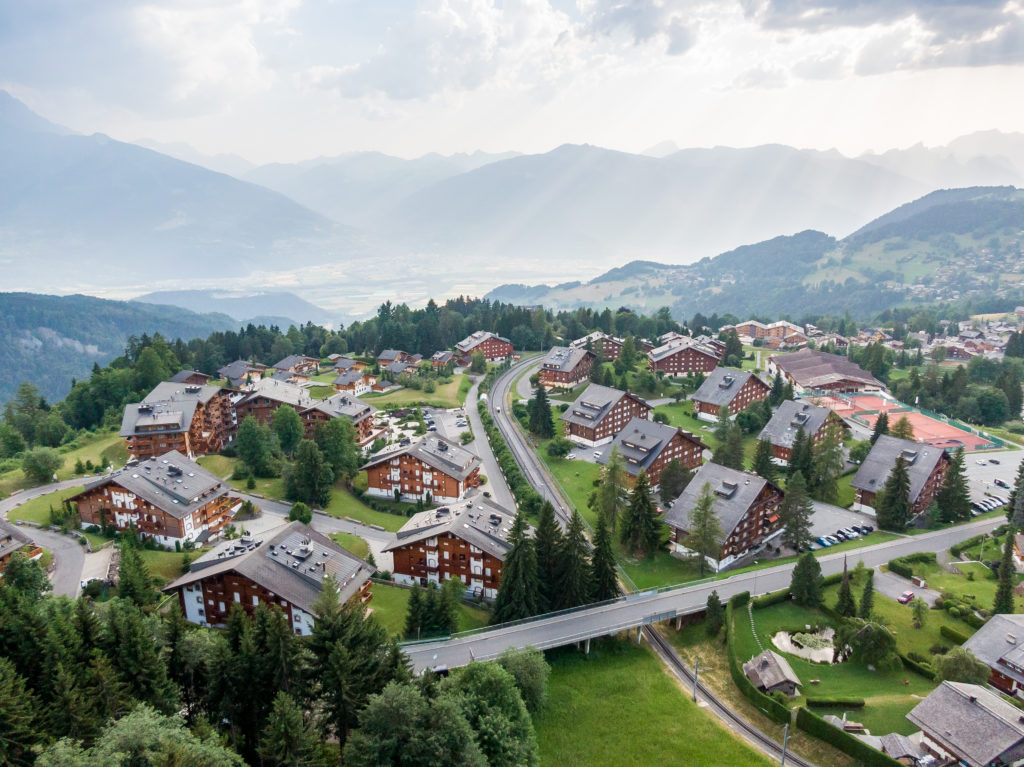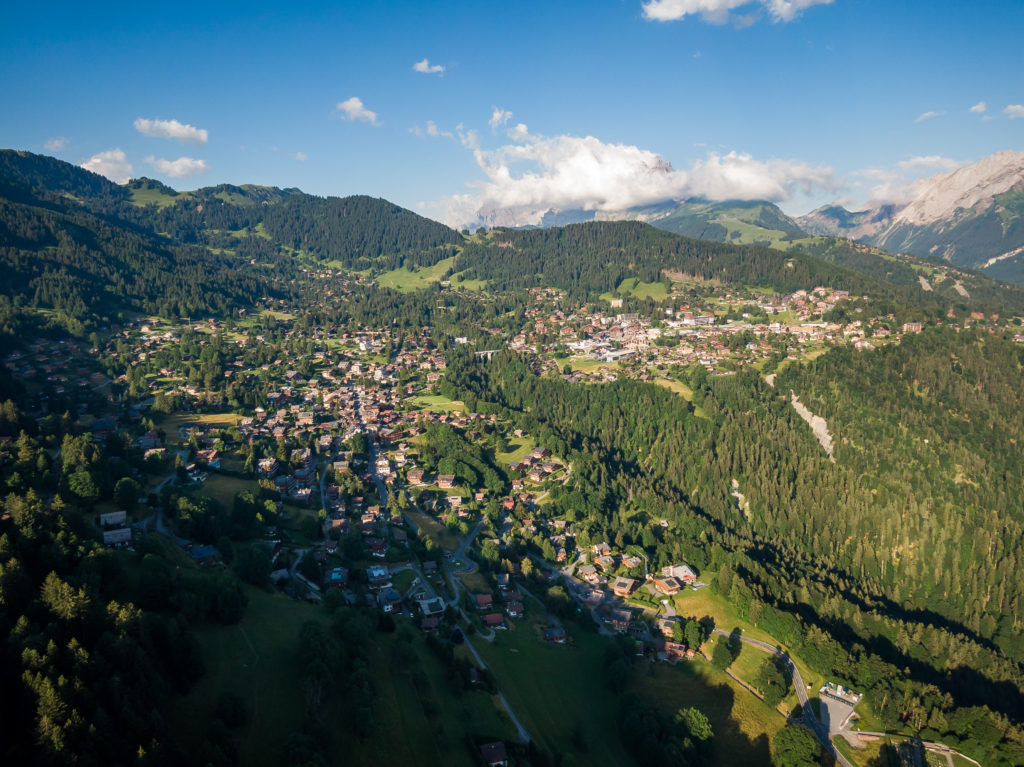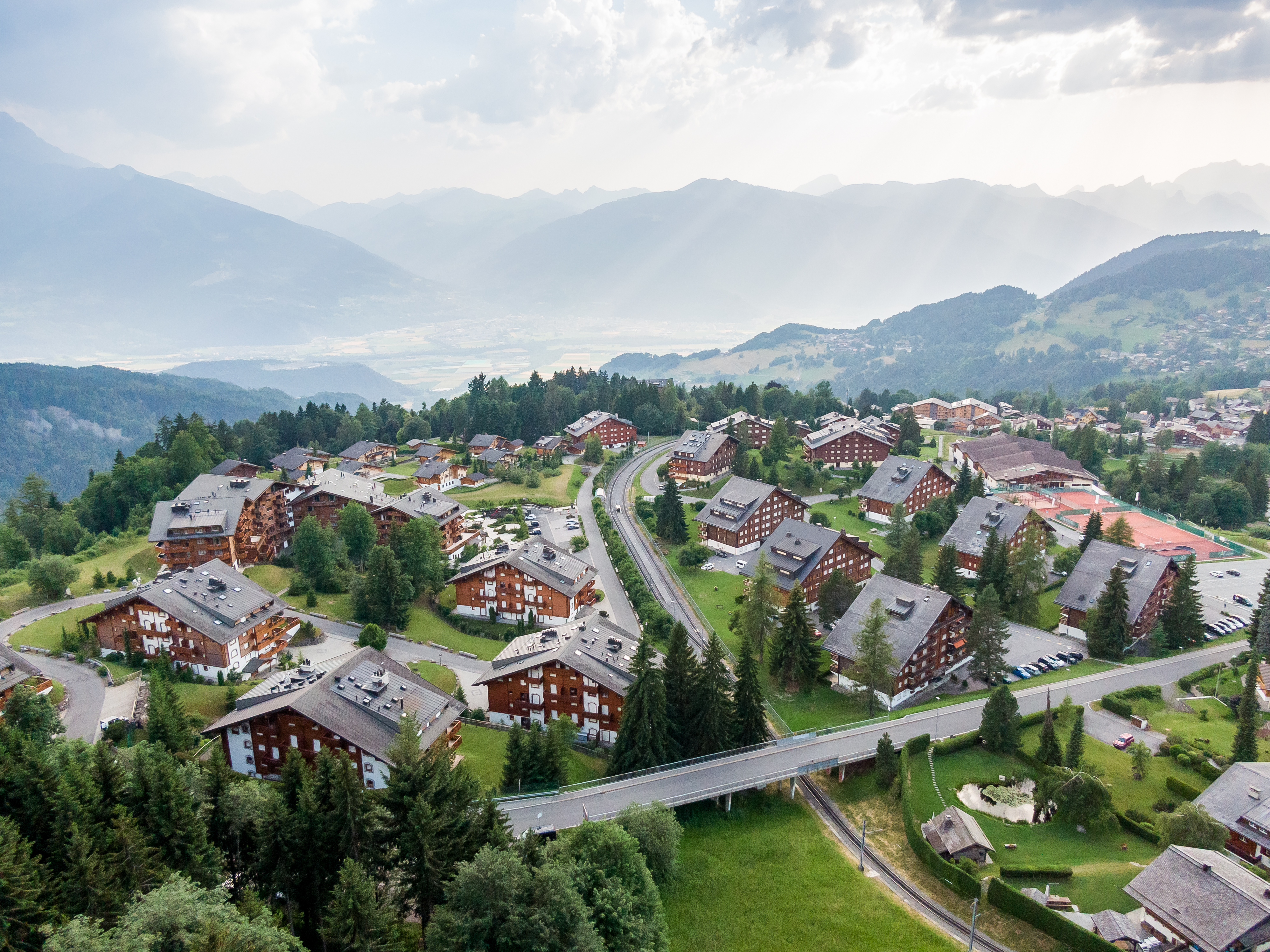On September 28, 2025, the Swiss people will vote on a major tax reform officially entitled “Federal Decree for the creation of a Cantonal Real Estate Tax on Secondary Residences,” which could change more than its title suggests. Yes, the “rental income” tax would disappear. But in exchange: no more deductions, and the possibility for cantons to introduce a real tax on secondary residences.
The result: for many property owners, the bill could rise instead of fall. Gérance Service deciphers and clarifies the implications of this draft law.
What does the reform provide
In the public debate, people often talk about the “abolition of imputed rental value,” but this oversimplifies a much broader project.
The decree actually combines two inseparable parts:
-
The abolition of imputed rental value, this fictitious income taxed to homeowners using their own property;
-
The possibility granted for cantons to introduce a special new tax on secondary residences, intended to compensate the tax losses of the income tax.
And concretely?
-
End of imputed rental value: no more taxation of this fictitious income.
-
End of usual deductions: mortgage interest, maintenance costs and energy efficiency impovement works, would no longer be deductible (except limited exceptions for first-time buyers).
-
Possible introduction of a new special tax: each canton may create a tax on secondary residences occupied by their owners, intended to offset tax losses.
☝️ These two parts are legally linked: they would only come into force simultaneously.
How would secondary residence owners be disadvantaged?
 Currently, the imputed rental value applies to both primary and secondary residences. The reform would abolish this fictitious tax… but at the same time, cantons could introduce a real tax on the property’s value.
Currently, the imputed rental value applies to both primary and secondary residences. The reform would abolish this fictitious tax… but at the same time, cantons could introduce a real tax on the property’s value.
To give an order of magnitude:
👉 In official documents, it is estimated that a rate between 4.7 and 9.2 ‰ of the taxable value would be needed to offset the losses.
👉 In the commune of Ollon (to which Villars belongs), the average real estate transaction over the past five years amounts to about CHF 1,000,000.
👉 At this value level, a special tax would represent between CHF 4,700 and more than CHF 9,200 per year, in addition to the wealth tax already levied.
➡️ In other words: if the reform passes, the tax burden on secondary residence owners is likely not to decrease, but to increase significantly.
A major impact on tourist regions
Mountain communes largely live off the attractiveness of secondary residences. Today, the imputed rental value contributes significantly to tax revenues. If it disappears, the canton and communes will seek ways to fill the shortfall.
The proposed special tax therefore falls mainly on secondary residences.
In the long term, this system could:
-
Increase the tax burden on both foreign and Swiss owners.
-
Reduce the attractiveness of leisure real estate investment.
-
Indirectly penalize the local tourism economy, which depends on the vitality of these owners (maintenance, renovations, local consumption, etc.).
The situation in Villars-sur-Ollon
In Villars, secondary residence owners already pay several local contributions:
-
The tourist tax, levied according to overnight stays or charged as a lump sum annual tax;
-
The R2 tax, an annual tax specific to secondary residences, calculated on the surface area and category of the dwelling;
-
The cantonal and communal wealth tax, already among the highest in Switzerland.
- As well as many local taxes on waste water and garbage collection.
➡️ The new cantonal tax provided for by the federal decree would be added to these existing contributions.
⚠️ It does not replace either the R2 tax or the tourist tax.
In short: owners should expect a cumulative burden: communal taxes + wealth tax + new cantonal real estate tax.
Strong uncertainty in the canton of Vaud

It is difficult to predict concretely what will happen in the canton of Vaud, since each canton will have its own fiscal leeway.
However, recent history shows that Vaud has never been among the least taxed. On the contrary, it stands out for:
👉 A high wealth tax
👉 An inheritance tax still in force, unlike the majority of other cantons
👉 Communal and cantonal taxation among the highest in Switzerland
This vote also comes in an already constrained context:
-
The LFAIE (Lex Koller), which is tightening;
-
The LRS (Lex Weber), voted in 2013, which already strongly limits new secondary residences;
-
A strengthening Swiss franc
-
Banks tightening mortgage criteria, especially for properties needing energy renovations.
- Costs of works and building materials which exploded over the past 5 years.
A reorientation of debt policy
According to our analysis, this reform could also mark a turning point in Swiss tax policy.
Today, the system encourages owners to maintain high debt, since mortgage interest is deductible.
If this possibility disappears, owners will be pushed to repay loans more quickly.
This would:
-
Increase financial pressure on indebted households;
-
Artificially reduce demand for new mortgage financing;
-
Tighten the real estate market, with less turnover.
Official positions
| Actor | Position / Arguments |
|---|---|
| Federal Council | Support: simplification of the tax system, reduction of debt encouraged by deductions. |
| Tourist cantons (Vaud, Valais) | Reserved or opposed: fear loss of revenue and greater burden on secondary residences. |
| USPI & Vaud Real Estate Chamber | Opposition: denounce a double property tax, risks for renovations and the regional economy. |
| Vaud Employers’ Chamber | Firm opposition: denounces a reform that “does not meet real needs” and “transfers the tax burden onto secondary residence owners,” while creating “a second unjustified property tax.” Warns it “endangers the maintenance of the real estate stock” and discourages renovations, with negative effects on the regional economy. |
| Wüest Partner | Analysis: winners = retirees / low debt; losers = young buyers with high mortgages or in renovation phase. |
| VZ Hypothèque | Analysis: advantages at low interest rates; disadvantages once rates exceed 3.5% for most owners. |
| Press (24heures, Blick/ATS) | Analysis: highlights uncertainties, cantonal criticism, and the political importance of the vote. |
| Centre Patronal newsletter (Sept. 3, 2025) | Criticism: abolition of deductions, negative effects on renovation, credit, and the construction sector. |
| Fiduciaire Didéo (Lausanne) | Technical analysis: warns owners about a possible heavier tax burden. |
Conclusion
For secondary residence owners – the core of the Gérance Service’s clientele – the decree to be voted on September 28, 2025 represents a significant risk of increased taxation.
It does not replace existing taxes, but would be added on top.
➡️ In a canton of Vaud already heavily taxed, the impact could be particularly strong.
Each owner must evaluate the concrete effect of this reform on their personal situation, and go to the polls.
For foreign owners (42% of Gérance Service’s sales in 2024), they will unfortunately have no choice but to endure the outcome of the vote without a say.
This article aims to inform our clients and partners about the stakes of the September 28, 2025 vote.
Gérance Service is closely monitoring the evolution of the case and remains available for any individual questions regarding your properties in Villars.
Sources :


